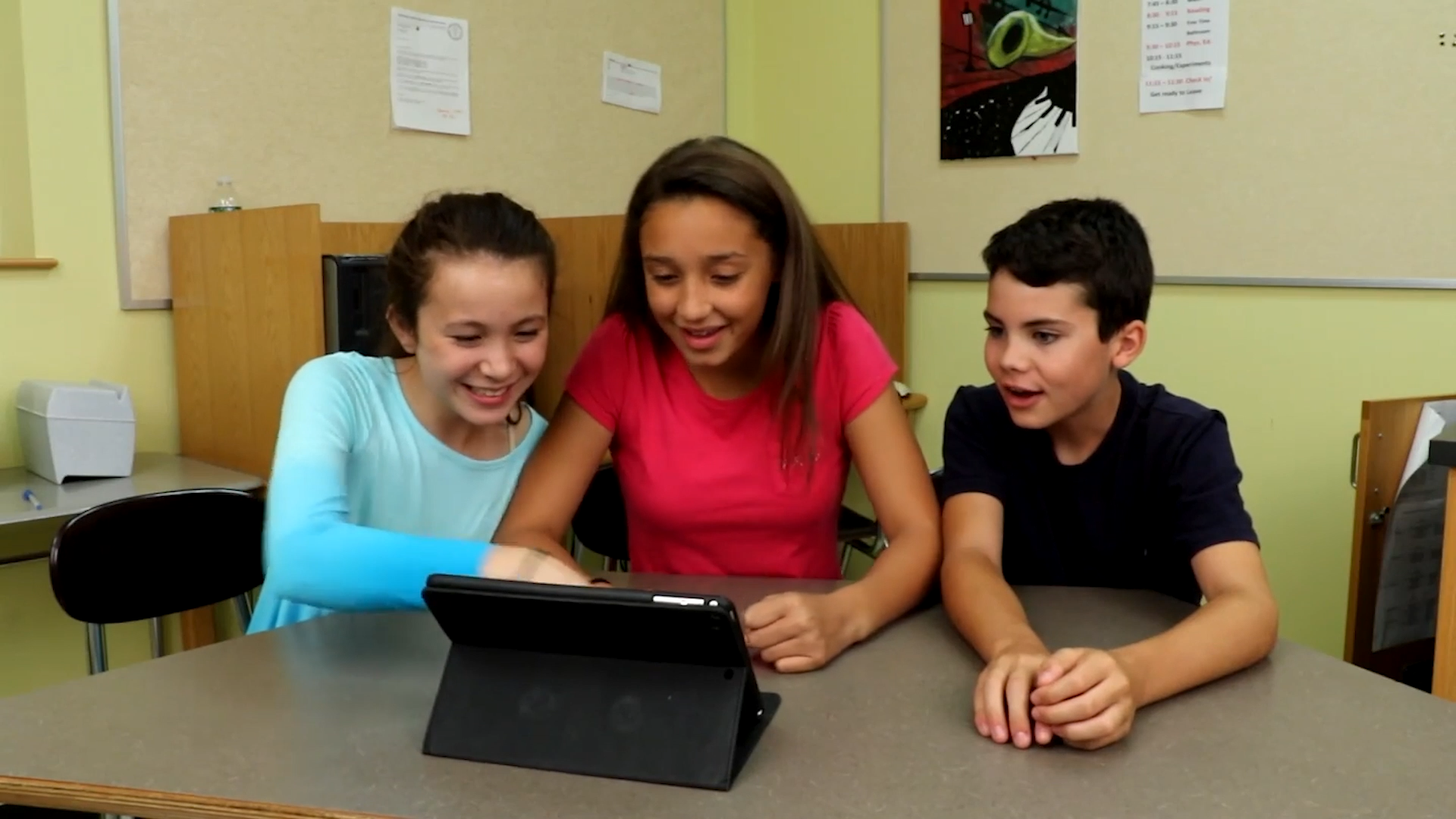
Introduction
In today’s diverse classrooms, it’s essential to create an inclusive environment that fosters a sense of belonging and promotes social-emotional learning. By including everyone, we help students develop empathy, respect, and understanding of others’ feelings, regardless of their differences. This blog post will explore the importance of including others, providing an easy no-prep activity, discussion questions, related skills, and next steps for educators to incorporate these principles into their classrooms.
No-Prep Activity: The Inclusion Circle
This simple activity requires no preparation or materials and encourages students to practice including others. Begin by having students stand in a circle. One student will start by sharing a personal interest or hobby. The next student to the right will then share a different interest or hobby, followed by a statement that acknowledges the first student’s interest. For example, “I like soccer, and I think it’s cool that you like painting.”
Continue this process around the circle, with each student sharing their interest and acknowledging the previous student’s interest. This activity promotes empathy and understanding, as well as the importance of including others and recognizing their unique qualities.
Discussion Questions
- Why is it important to include everyone in activities, regardless of their differences?
- How can intentionally excluding someone be a form of bullying?
- What are some ways we can practice including others in our daily lives and activities?
- How does including others contribute to a positive classroom environment and promote social-emotional learning?
- Can you recall a time when you felt excluded? How did that make you feel, and what could others have done differently?
Related Skills
There are several other skills that complement the concept of including others and contribute to a well-rounded social-emotional learning experience:
- Empathy: Understanding and sharing the feelings of others, fostering a supportive and compassionate environment.
- Active Listening: Paying full attention to others when they speak, showing respect and understanding for their perspectives.
- Cooperation: Working together with others to achieve a common goal, valuing each person’s input and contributions.
- Conflict Resolution: Addressing and resolving disagreements in a respectful and constructive manner, promoting harmony and understanding.
Next Steps
Now that you have a better understanding of the importance of including others and fostering social-emotional learning in your classroom, we encourage you to explore more resources and activities to further develop these skills. To get started, sign up for free sample materials from Everyday Speech, which offers a variety of engaging activities and resources to support the development of social-emotional learning in your students.

